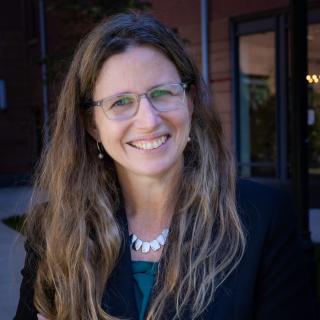Seattle Preschool Program
Public Investment Paying Off for Quality
October 19, 2018
As voters consider whether to continue investing public dollars in the Seattle Preschool Program, our multi-year evaluation indicates that, so far, it has been money well spent.
Four years ago, Seattle voters approved a $58 million property tax levy to finance “accessible high-quality preschool services for Seattle children designed to improve their readiness for school and to support their subsequent academic achievement.” The city launched SPP in 2015-16 as a three-year demonstration project that would be enhanced based on annual evaluations by NIEER and Cultivate Learning at the University of Washington.
The recently released year three (2017-18) evaluation of SPP focused on classroom quality and children’s learning, including information on children served, children’s learning and development during the school year, and program quality since the program began, following up on the Year One Report and Year Two Report.
Today, SPP includes 48 classrooms and 13 family child care providers reaching about 1,200 children throughout the city, up from 32 classrooms in the prior year, and 14 in its first year. SPP quality also has consistently and continuously improved, now reaching levels associated with strong gains in children’s learning and development.
Most children enrolled (74%) were 4-year-olds, and about a third (29%) were dual language learners. Languages spoken include Spanish, Vietnamese, Amharic, Mandarin, Somali, and Oromo, among others.
When SPP started, classroom quality—assessed by such commonly used indicators as the ECERS-3 and CLASS—was at levels typical across the country, similar to what is found in national studies of Head Start, for example. SPP built an infrastructure to support quality improvement and it has succeeded.
This year, NIEER found quality continued to improve on both the ECERS-3 and the CLASS, especially on instructional supports which are central for building academic success. Children in SPP made gains in every domain measured and gains in language, literacy and mathematics were larger than would be expected based on maturation (increased age) alone.
Average quality is fairly consistent between both classrooms and family child care providers, the latter having been added this year. There were no consistent differences in quality gains associated with the family background differences among the children served.
SPP quality now exceeds that in some other major city and state pre-K and/or childcare systems, similar to that of more the established and widely recognized New York City and San Antonio preschool programs.
Although the study did not have a control group, comparison of children’s progress against norms suggests that SPP has accelerated learning and development beyond what would have been expected otherwise. With the program reaching levels of quality of which it can be proud, it may now be ready for a more rigorous summative evaluation of child outcomes. Of course, there is still a need for information to drive continuous improvement.
If voters decide next month to continue the program, we recommend that SPP build on its current success by paying particular attention to how teachers can support learning in language and math—including sustained interactions with children and reflection, integrating content across domains in children’s activities, and supporting personal care routines that contribute to good health.
Milagros Nores, Ph.D. is NIEER Co-Director for Research and lead author of the SPP evaluation study.
The Authors
Dr. Milagros Nores is the Co-Director for Research and Research Professor at the National Institute for Early Education Research (NIEER). With a profound expertise in early childhood evaluation, informing data-driven policy and programming, cost and benefits of early interventions, evaluation design, equity, and English language learners, she has established herself as a leading researcher in the field of early care and education.
About NIEER
The National Institute for Early Education Research (NIEER) at the Graduate School of Education, Rutgers University, New Brunswick, NJ, conducts and disseminates independent research and analysis to inform early childhood education policy.

